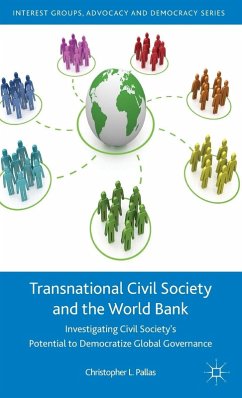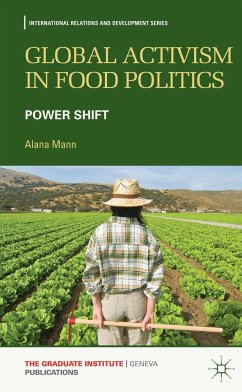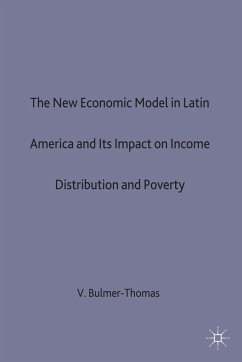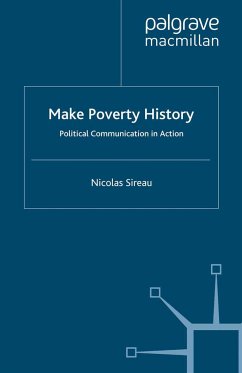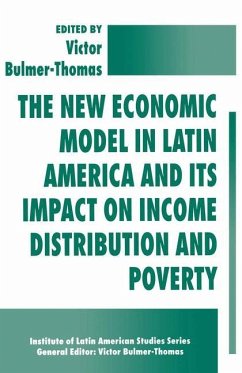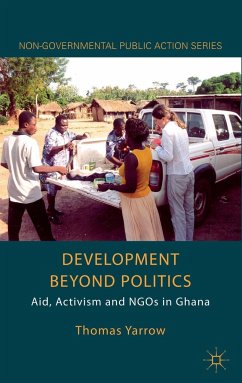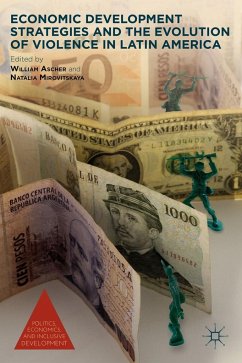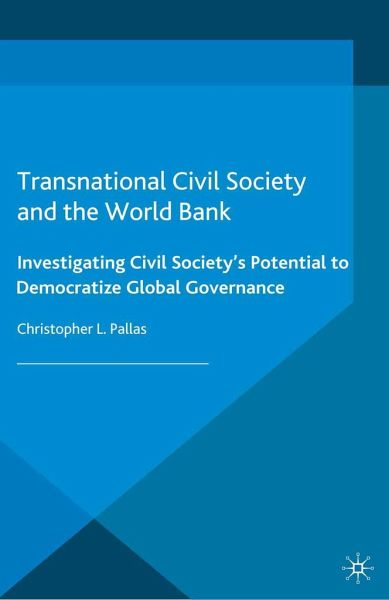
Transnational Civil Society and the World Bank
Investigating Civil Society's Potential to Democratize Global Governance
Versandkostenfrei!
Versandfertig in 6-10 Tagen
57,99 €
inkl. MwSt.
Weitere Ausgaben:

PAYBACK Punkte
29 °P sammeln!
Transnational civil society is often seen as an important contributor to the democratization of global governance. In their engagement with the World Bank, however, transnational civil society organizations prioritize pre-existing mission over responsiveness to claimed stakeholders and undercut the authority of developing country governments.



